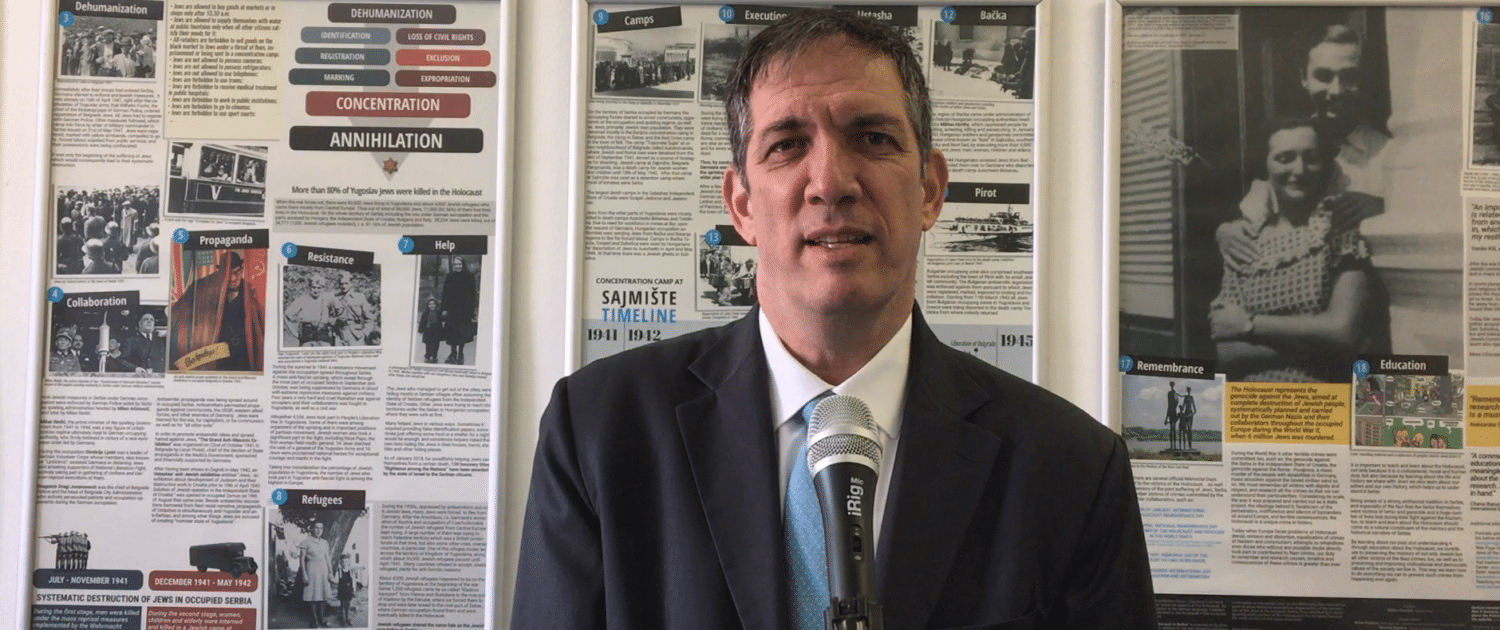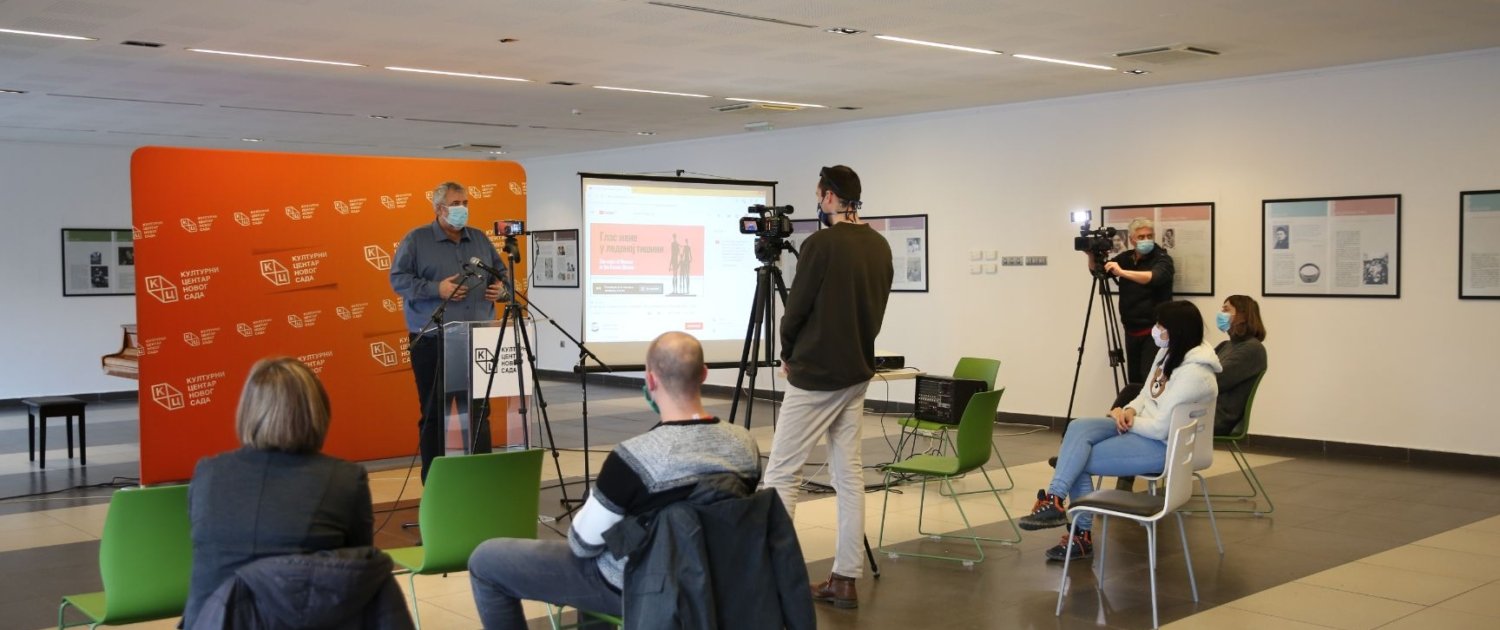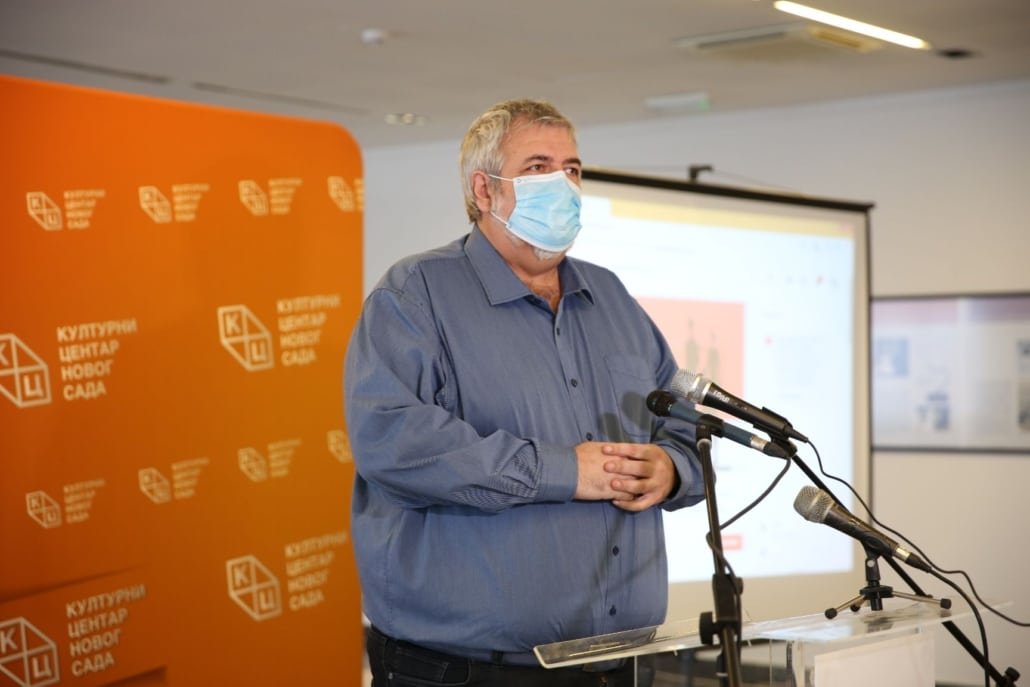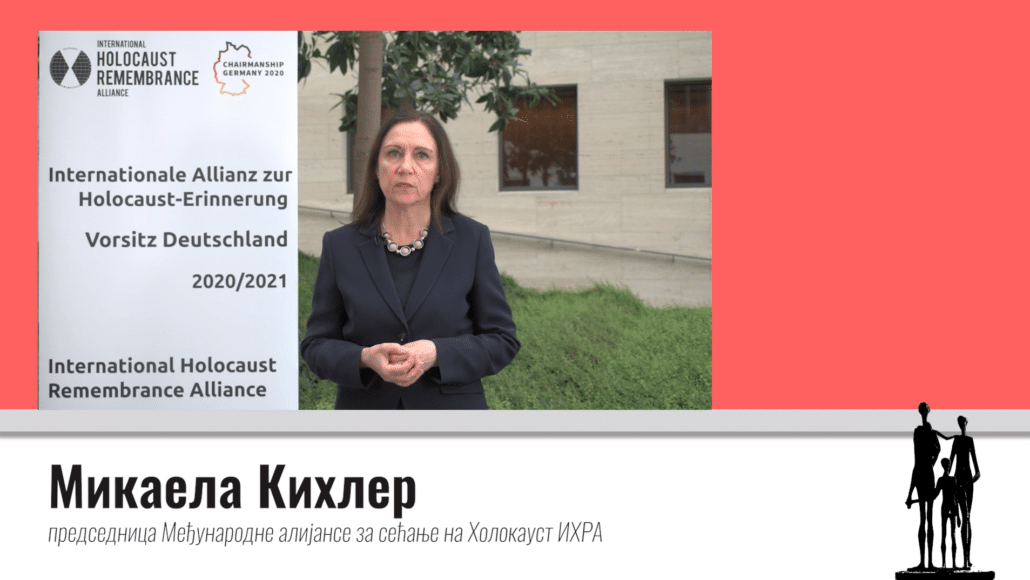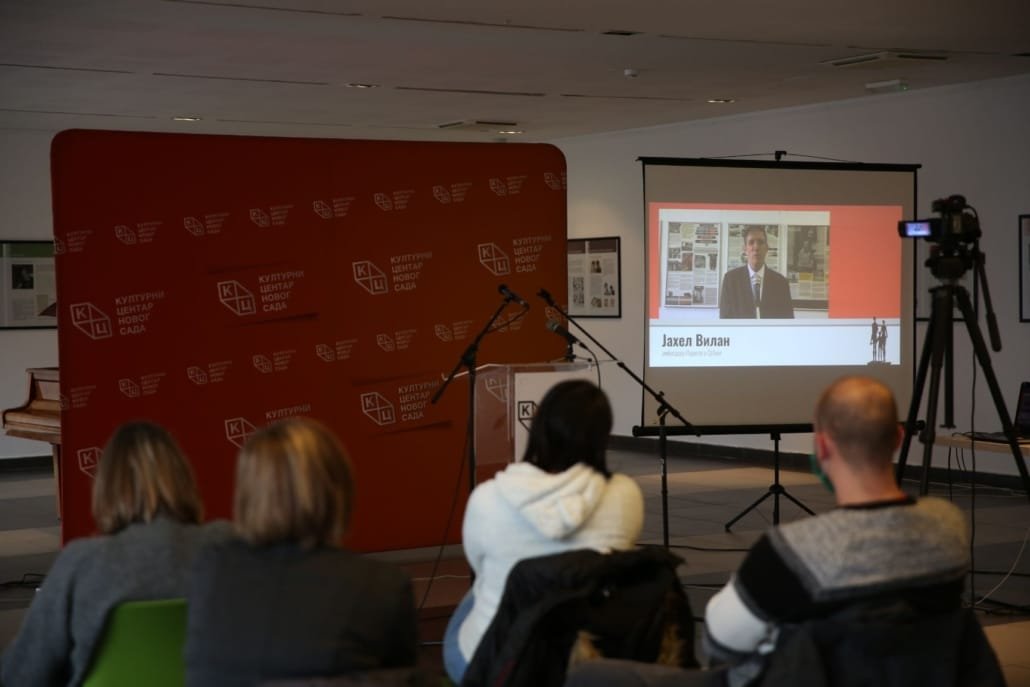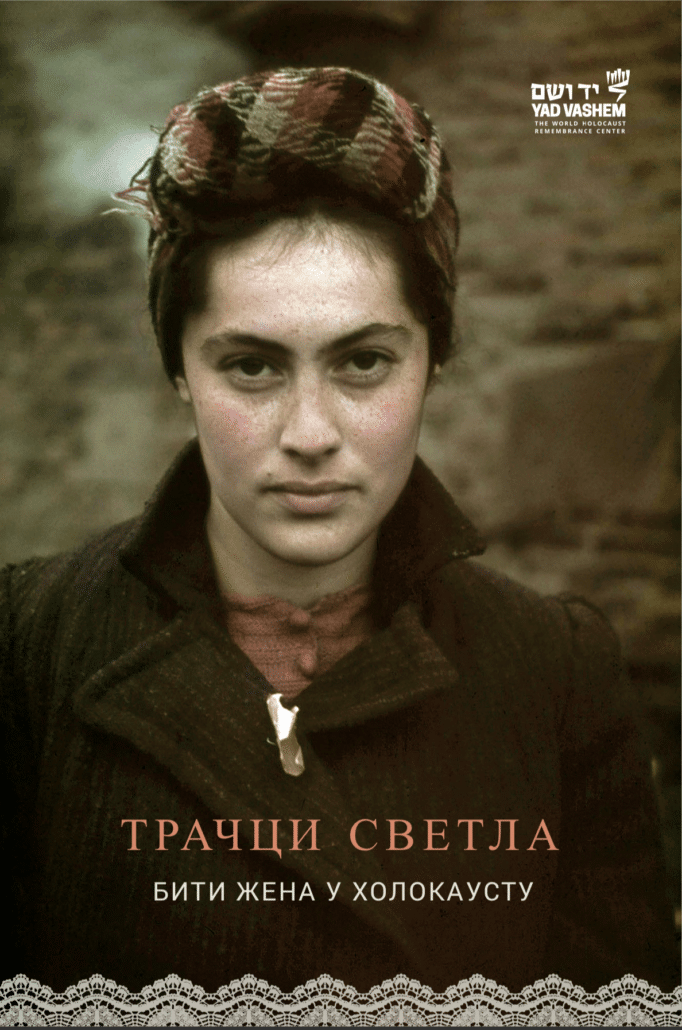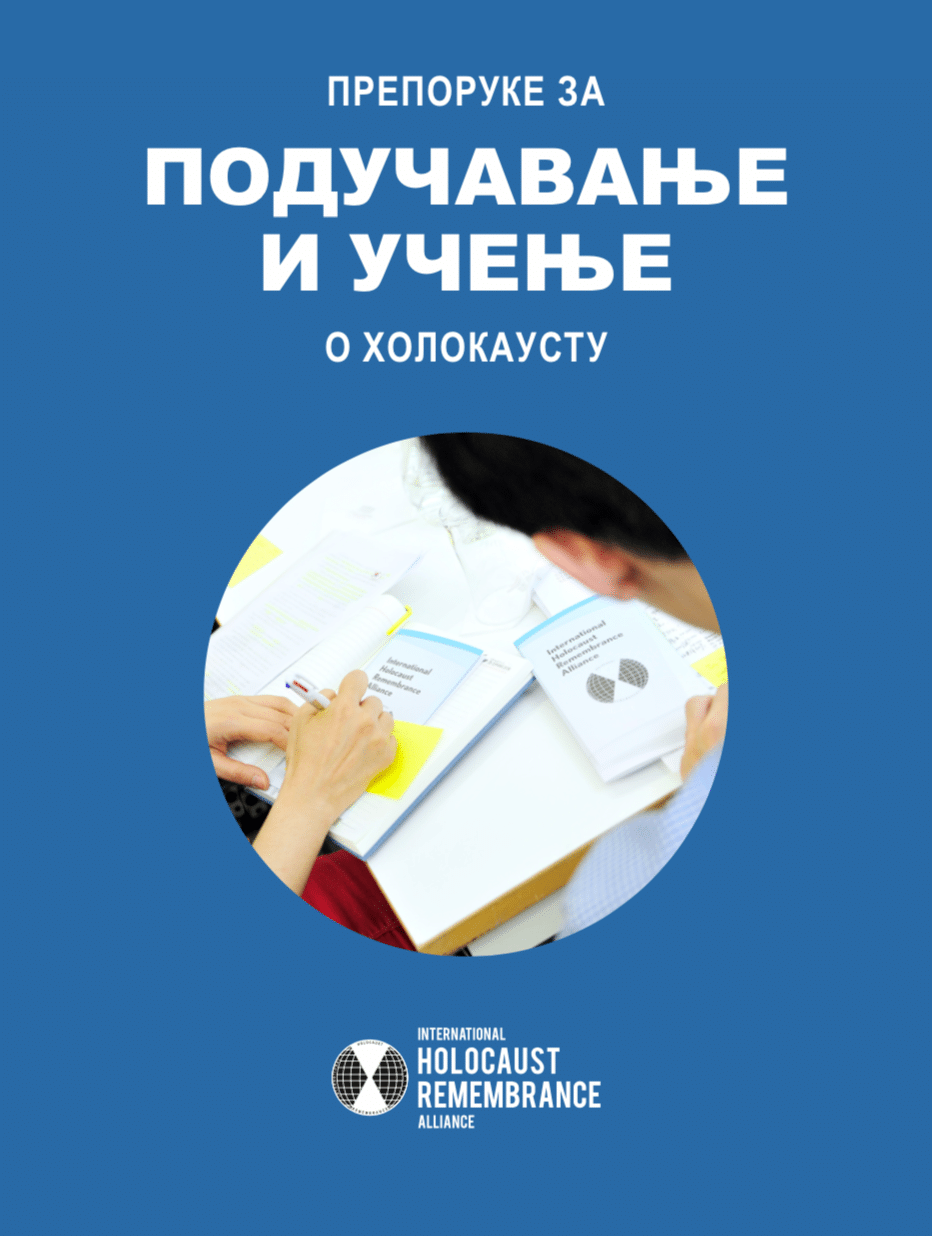CONFERENCE: THE VOICE OF WOMEN IN THE FROZEN SILENCE
Petar Đurđev, historian, director of the Historical Archive of the City of Novi Sad, spoke about women’s suffering in the Šajkaška and Novi Sad Raid, emphasizing that the half of those killed in this Raid were women.
Professor and the Founding Director of the Center for the Study of the Holocaust, Genocide, and Crimes Against Humanity in New York, Debórah Dwork, gave the example of Jewish children rescued in the Netherlands, which was an action organized primarily by young women. Precisely because they were young women, they could escape the attention of the German occupiers and dedicate themselves to helping Jewish children.
Sheryl Ochayon, Project Director of “Echoes and Reflections” at Yad Vashem, Jerusalem, spoke about women’s experiences in the Holocaust. The final outcome was the same for Jewish men and women — certain death in camps, but the path to that outcome was different.
Over time, particularly, in the 90’s, it started to be understood that gender studies and studying what happen to women, specifically in the Holocaust, could lead us to have a much more nuanced and fine understanding about the human experience in the Holocaust.
Katarina Melić, Professor of French Literature and Culture, Director of the Center for Memory Studies at the University of Kragujevac, announced the new Holocaust study program at the Center for Memory Studies. University professors from Kragujevac and Belgrade will be participating in lecturing about the Holocaust.
The intention is that this program will later be turned into Masters or specialist studies that would be open to students of social sciences and humanities and to experts within public institutions in the Republic of Serbia.
The lecture of prof. Katarina Melić on the life of Charlotte Solomon, can be seen here.
Linda Németh, Historian at the Holocaust Memorial Center, Budapest, spoke about survival strategies of women in concentracion camps. In order to describe the treatment of women, Linda Nemeth said:
When male survivors wrote about processing the Holocaust they appeared to be most upset about the ways that their wives, mothers and daughters were treated. In fact, the men reacted as if they themselves were personally assaulted by the humiliation of their women.
Anna Makówka-Kwapisiewicz, from the Jewish Association Czulent (Żydowskie Stowarzyszenie Czulent), spoke about gender perspectives in remembrance culture and today’s challenges. Makówka-Kwapisiewicz emphasized that:
Women were subjected to sex-specific types of harassment, which was perceived as far more traumatic, humiliating and degrading. Initially, many of us assumed that if we learned more about the Holocaust, we would have the tools to be sure that it could never happen again.



